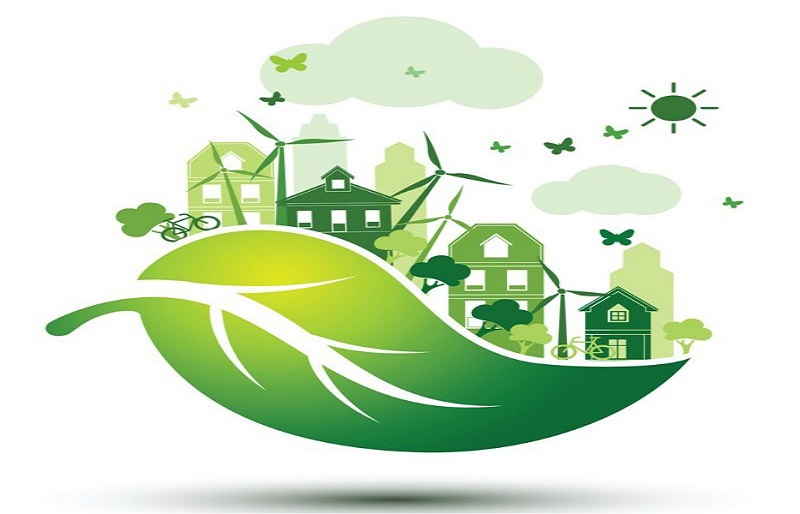

Date: 23 June 2020
By Dr. Nima Nasrollahi
Partner at Elite Pars Law Firm
After the conclusion of JCPOA, Iran introduced an attractive scheme to lure foreign investors willing to be involved in renewable energy projects in Iran ...

After the conclusion of JCPOA, Iran introduced an attractive scheme to lure foreign investors willing to be involved in renewable energy projects in Iran. Even though many foreign investors became lukewarm after the re-imposition of US sanctions, there is still interest in photovoltaic and wind energy projects.
Urban waste disposal has proven very challenging in multiple cities in Iran especially in light of the enormous environmental footprint that improper waste disposal techniques could leave. That is why proposals for construction of waste to power projects are particularly welcome by the government of Iran as well as municipalities. There is no denying, however, that the economic strains resulting from international sanctions substantially curtail the ability of the Iranian government to fund such projects or otherwise attract foreign investment required to implement them.
The Act Supporting Management of Ordinary Waste with Participation of Private Sector was passed by the Iranian Parliament and approved by the Guardian Council on 22 April 2020.
The said Act intends to encourage participation of the private sector in different categories of waste to power projects. The existing legal framework requires investors to get their waste in-put from municipalities and sell the produced electricity to Iran Renewable Energies and Energy Efficiency Organization (SATBA) through a 20-year guaranteed Power Purchase Agreement (PPA). The legal structure is quite complex and, in many cases, negotiated in the form of a BOT contracts supplemented by a PPA. Hence, any measure that would increase the financial capacity of SATBA to buy the out-put power would be extremely helpful. It is in this context that the Iranian Parliament has introduced this new Act.
The Act envisages a number of incentives for investors. First and foremost, it creates new sources to meet government PPA obligations to purchase power produced from waste. The budget will be provided by increasing tariffs charged from high consumption electricity subscribers. The municipalities have also been required to pay gate fees for waste disposal. In case of municipalities’ default, the government will pay gate fees on their behalf. Finally, the Act also stipulates interesting tax exemptions for companies involved in waste treatment, waste disposal and power production from waste.
After the conclusion of JCPOA, Iran introduced an attractive scheme to lure foreign investors willing to be involved in renewable energy projects in Iran. Even though many foreign investors became lukewarm after the re-imposition of US sanctions, there is still interest in photovoltaic and wind energy projects. …